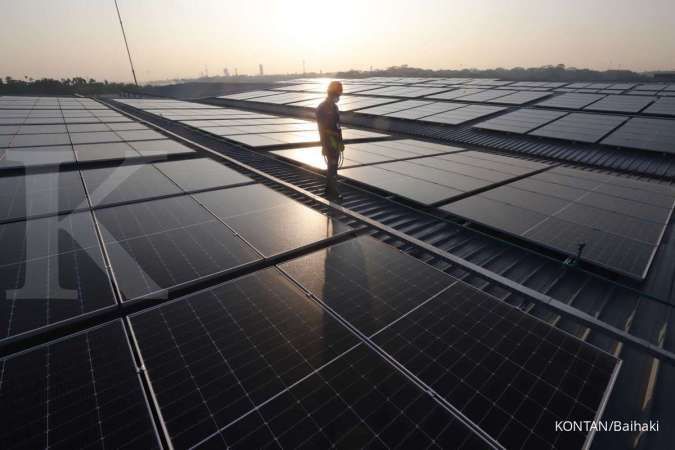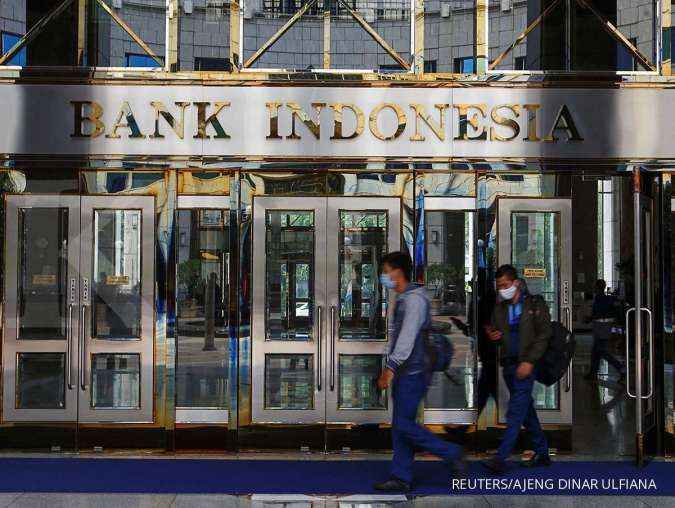BANKING - JAKARTA. According to a stress test conducted by Bank Indonesia (BI), the resilience of the banking and corporate sectors remains robust in the face of various pressures.
This strong banking condition can mitigate the impact of global financial market uncertainty on the stability of the financial system.
In response to these findings, Eko Listiyanto, Deputy Director of the Institute for Development of Economics and Finance (Indef), believes that the current general banking condition still has the resilience to dampen the impact of the heating global economy.
Read Also: Indonesian Banking Industry Offers Lower Loan Interest Than Fintech
The banking condition is also considered to have still the resilience to dampen the average ratio of capital adequacy or Capital Adequacy Ratio (CAR).
However, Eko believes that the consequence of this global uncertainty increase will cause the credit growth rate to slow down. “The target credit growth rate is likely to be corrected to below 10%,” Eko told Kontan on Wednesday (24/4).
Therefore, he urged BI to be vigilant of credits originating from sectors with high imports, especially those whose trade passes through the Strait of Hormuz. This is feared that the trade rate passing through the Strait of Hormuz will be hindered due to the escalating conflict between Iran and Israel.
Read Also: Indonesian Pharmaceutical Industry to be Affected by Rupiah Depreciation
In a separate occasion, Teuku Riefky, an economist at the Institute for Economic and Community Research (LPEM) of the Faculty of Economics and Business, University of Indonesia (FEB UI), believes that the current banking condition is still relatively resilient.
“However, going forward, what needs to be considered is the increase in borrowing cost because it will press the banking NIM, as the public increases savings and credit distribution potentially decreases,” he revealed.
/2022/04/25/698310820p.jpg)














